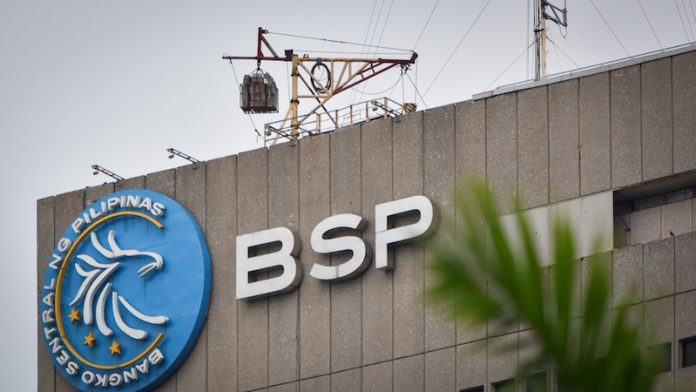
MANILA – Expectations of more moderate inflation, as well as firm domestic growth, caused the Bangko Sentral ng Pilipinas’ (BSP) policy-making Monetary Board (MB) to keep key rates steady Thursday.
Thus, the rate of the overnight reverse repurchase (RRP) facility is still at 4.75 percent, the overnight repurchase (RP) facility at 5.25 percent and the overnight deposit facility at 4.25 percent.
“The Monetary Board’s decision is based on its assessment that prevailing monetary policy settings remain appropriate,” said BSP governor Benjamin Diokno in his first policy stance decision briefing.
Diokno noted that inflation is seen to stay within the target range of 2 to 4 percent in 2019 and in 2020 saying that “inflation expectations continue to stabilize within the target band.”
He attributed the easing of inflation pressures to drop in food prices, which, he said, is the result of adequate supply.
He also noted that prospects for domestic growth remains firm but said that risks remain and one of these is the budget impasse in Congress.
Relatively, BSP deputy governor Diwa Guinigundo, during the same briefing, said the Board slashed the 2019 inflation projection to three percent from 3.1 percent during the Board’s rate setting meet last February.
The forecast for 2020 was retained at three percent.
“We expect that the trajectory, the downward trajectory of inflation will continue throughout 2019 to 2020. By 2020, we expect that this is going to stabilize at around three percent,” he said.
Guinigundo cited four reasons for the cut in the BSP’s 2019 inflation forecast and primary to these is the continued decline in the country’s inflation rate.
The rate of price increases in the second month this year further slowed to 3.8 percent from 4.4 percent in the previous month. The BSP’s forecast is a range between 3.7-4.5 percent.
Other factors are the lower price of Dubai crude oil, the base effect and decline of non-oil imports.
Guinigundo said Dubai crude oil prices have averaged at about USD69.4 per barrel and the Board has projected it to average at USD64 per barrel this year and USD63 per barrel next year.
He, however, said that risks remain since the price of Dubai crude oil “indicated an upward trend” as of Wednesday this week.
“So this is something that we need to monitor between now and the next meeting of the Monetary Board,” he added. (PNA)



